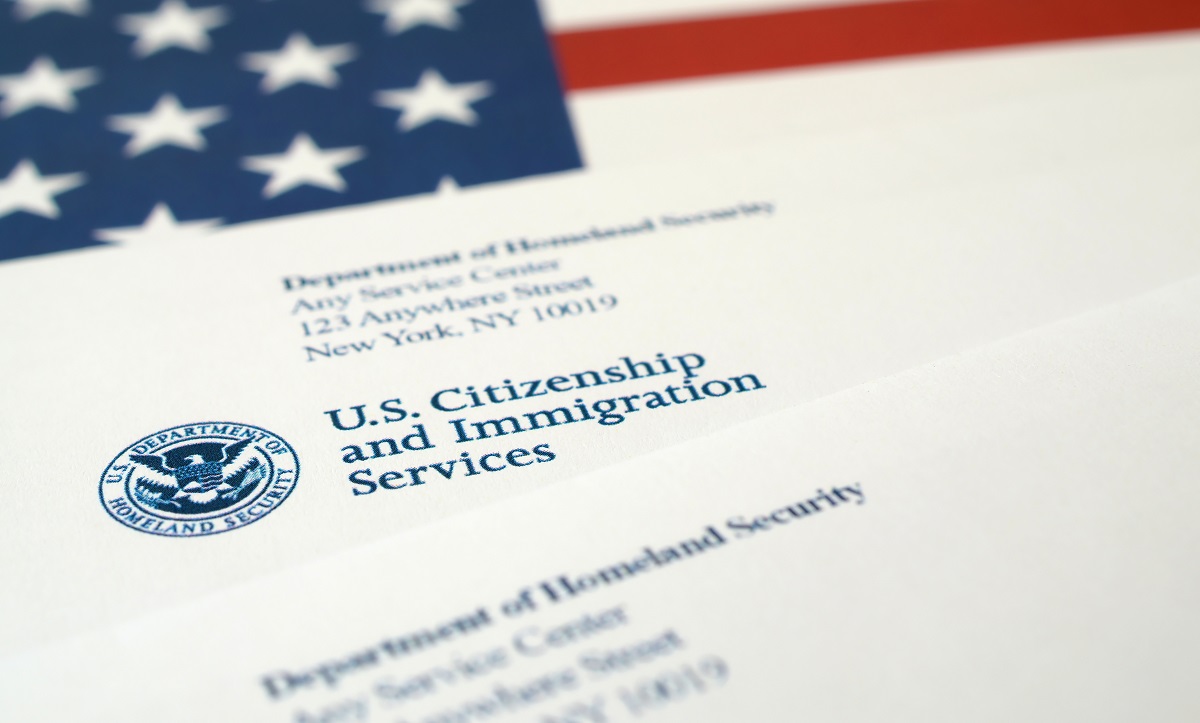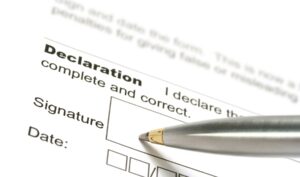
A visa denial under section 212(a)(4) of the Immigration and Nationality Act (INA) occurs when an immigration officer determines that an applicant is likely to become a "public charge" in the United States. This means the officer believes the individual may primarily depend on government assistance for support. Such a finding can lead to the refusal of both immigrant (green card) and nonimmigrant (temporary) visas.
Understanding the Public Charge Rule
The concept of "public charge" has been part of U.S. immigration law for over a century. Under INA 212(a)(4), an applicant for a visa, admission, or adjustment of status who is likely at any time to become a public charge is inadmissible. While the INA does not explicitly define "public charge," it requires immigration officers to consider certain factors when determining an applicant's likelihood of becoming one.
Factors Considered in Public Charge Determinations
When assessing whether an applicant might become a public charge, immigration officers evaluate several factors:
Age
Applicants at the extremes of age (very young or elderly) may be viewed as more likely to require public assistance.Health
Chronic illnesses or conditions that could impede an applicant's ability to work might raise concerns.Family Status
The size of an applicant's family and dependents can influence the assessment, especially if there are many dependents without sufficient support.Assets, Resources, and Financial Status
Applicants with limited financial resources or significant debts may be considered at risk of becoming a public charge.Education and Skills
A lack of education or job skills can affect an applicant's employability and potential self-sufficiency.
These factors are assessed collectively, meaning no single factor will automatically result in a denial under INA 212(a)(4).
Avoiding a Denial Under INA 212(a)(4) for Green Card Applicants
For those seeking permanent residency (green cards), demonstrating financial stability is crucial:
- Affidavit of Support: Most family-based immigrant visa applicants must submit Form I-864, Affidavit of Support. This legally binding document requires a U.S. sponsor (usually a family member) to commit to supporting the applicant financially, ensuring they do not rely on public assistance.
- Adequate Income: The sponsor must show an income level at or above 125 percent of the federal poverty guidelines. If the sponsor's income is insufficient, assets or a joint sponsor can be used to meet the requirement.
- Supporting Documentation: Providing evidence such as tax returns, employment verification, and bank statements can strengthen the affidavit.
By thoroughly preparing these documents, applicants can significantly reduce the risk of a public charge denial.
CitizenPath's Affidavit of Support Package is an affordable way to prepare the form and get the reassurance you've done everything correctly. Our filing instructions are even customized with a checklist of the exact supporting documents you should submit with the Form I-864.
Avoiding a Denial Under INA 212(a)(4) for Nonimmigrant Visa Applicants
For individuals applying for nonimmigrant visas (such as tourist, student, or K-1 visas), avoiding a public charge finding involves demonstrating financial independence and a clear plan for temporary stay:
- Evidence of Financial Support: Applicants should provide bank statements, proof of employment, or affidavits of support from sponsors to show they have sufficient funds for their stay in the U.S.
- Demonstrating Strong Ties to Home Country: Documents such as property ownership, job commitments, or family responsibilities can help establish that the applicant does not intend to remain in the U.S. permanently.
- Health Insurance Coverage: Having health insurance for the duration of the stay can help assure immigration officers that the applicant will not become a financial burden on the U.S. healthcare system.
- Declaration of Financial Support: Some visa applicants, particulary K-1 visa applicants, may need to submit Form I-134, Declaration of Financial Support. Similar to Form I-864, this form enables a U.S. sponsor to support the applicant financially during the course of the trip.
By preparing these materials, nonimmigrant visa applicants can improve their chances of approval and avoid a 212(a)(4) denial.
CitizenPath provides a Nonimmigrant Support Package to help supporters prepare the form and gather the appropriate supporting documentation.
Overcoming a Public Charge Denial
In some limited situations, it may be possible to re-open a case or obtain some reconsideration after a denial under 212(a)(4). However, very often it is quicker and less expensive to applying again. Each situation is different, but nonimmigrant visa denials are generally final decisions. If you received a 212(a)(4) denial, consult with an immigration attorney to determine your best strategy going forward.
Green card applicants often have an opportunity to correct the public charge deficiency. The good news is that a 212(a)(4) denial is often preceded by a Request for Evidence (RFE) from USCIS or a 221(g) Request for Additional Documents from the embassy. This gives the applicant an opportunity to resolve the problem before a denial is issued.
If the RFE is issued due to insufficient or missing documentation, make sure to provide strong evidence that clearly establishes the sponsor's qualifications. However, if the sponsor may not meet the financial threshold, this is a good opportunity to consider adding a joint sponsor who can meet the financial requirements and strengthen the application.
About CitizenPath
CitizenPath provides simple, affordable, step-by-step guidance through USCIS immigration applications. Individuals, attorneys and non-profits use the service on desktop or mobile device to prepare immigration forms accurately, avoiding costly delays. CitizenPath allows users to try the service for free and provides a 100% money-back guarantee that USCIS will approve the application or petition. We provide support for the Affidavit of Support Package (Form I-864), Nonimmigrant Support Package (Form I-134), and several other immigration services.
Want more immigration tips and how-to information for your family?
Sign up for CitizenPath’s FREE immigration newsletter and
SAVE 10%
on our immigration services







